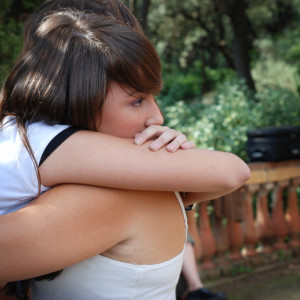
The perfect car, the perfect house, the perfect meal, the perfect partner, the perfect child!
It seems in our nature to want to have perfection and in theory striving for what we want, as long as we are realistic, is no bad thing. But what about when you are considering the matching of a child. There was much debate amongst the general public following the recent adoption programme ‘A Family of my Own’ on ITV. “How can they just pick and choose like that?” I read on twitter. My wife, who is a nurse was similarly horrified. The cold reality is that it is a buyers’ market. What that means is that an adopter has the ability to choose the easiest path or at least the potentially easiest path to parenthood. That being said, we must remember that when you become an adopter, you are, in the main, on your own. The child’s issue now become your issues. If you are not confident about your abilities at that stage, then it is only right you try and avoid challenges that you may not feel comfortable with. Why add to the already worrying statistic that 25% of adoptions in the UK break down. That’s one child in every four!
Personally I found the ITV programme and Channel 4’s ‘15,000 kids and counting’ really insightful, interesting and certainly worthwhile if more adopters and foster carers come forward as a result. However, there was a subtle tone that adoption was the be all and end all. That if a long term adopter could not be found that a child would be left on the scrap heap, destined for a life on their own, unloved and without foundation. Anyone that fosters knows that is not the case. Many people foster because they want to offer a permanent, loving and positive home to a child long term but do not have the financial means to provide it through adoption, or, they want to do so as part of a multi-agency system where they can be supported with visits, guidance and training on a regular basis.
You will hear this week, that the sector needs another 9000 or so foster carers. What that doesn’t tell you, is what the sector really needs if foster carers that are willing to take an imperfect situation and make it better. A child who is quite rightly angry about their lives thus far and shows it in their behaviour. A child who has turned to crime because no one cares and they have no role models. A teenage girl who seeks love and comfort from an older man because she never felt love at home and she thinks this is love. Or a child who through no fault of their own is born with a disability and no one thus far has the resilience or desire to help make their world better.
The reality is, as a child in care, the more imperfect you are, the less people are willing and able to make that commitment to you. Those children with the most needs have the least choice. This is not unfair, it’s just a shame. A big shame. About 9000 people worth of a shame.
Tim McArdle
Head of Placement & Procurement